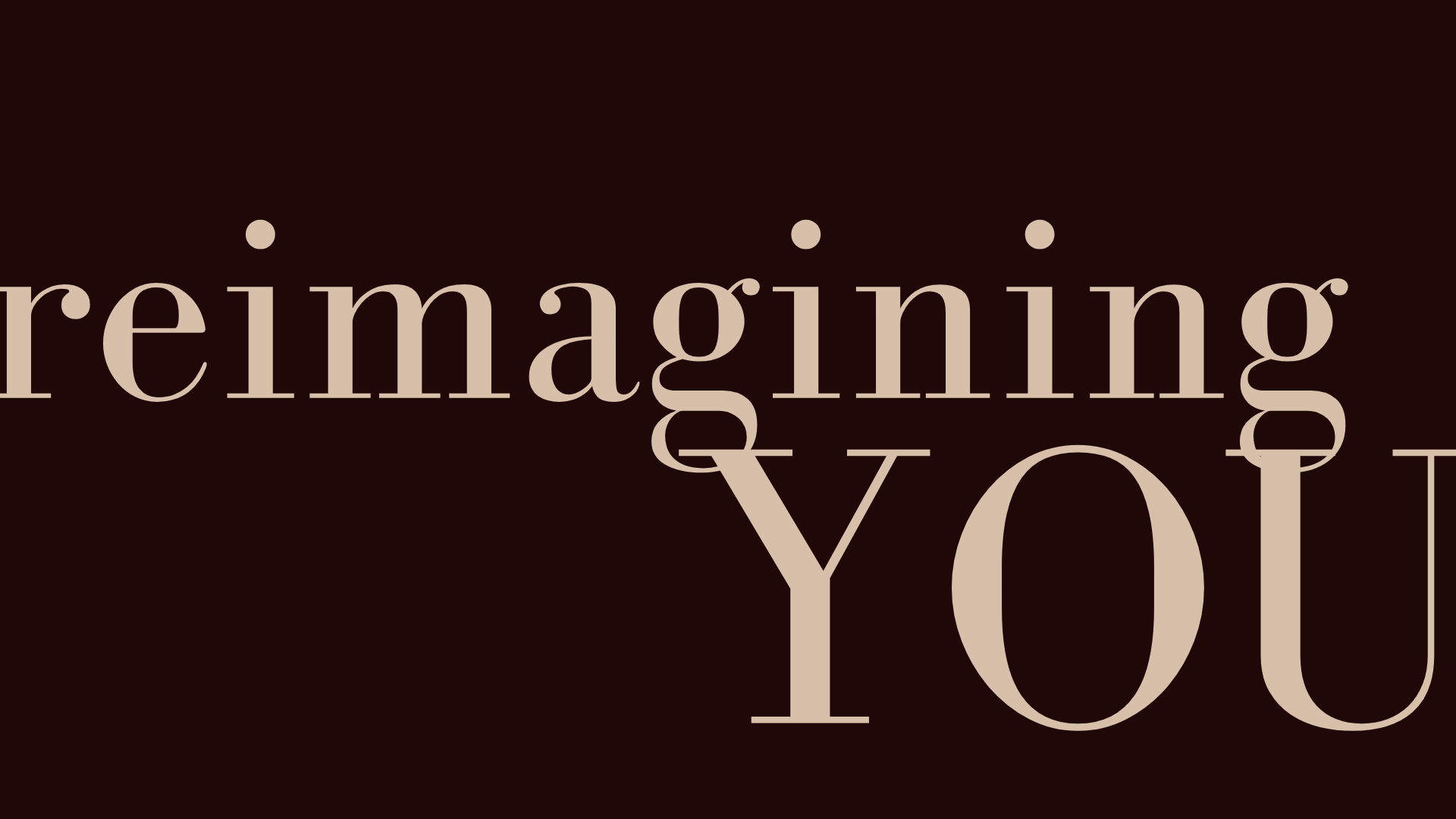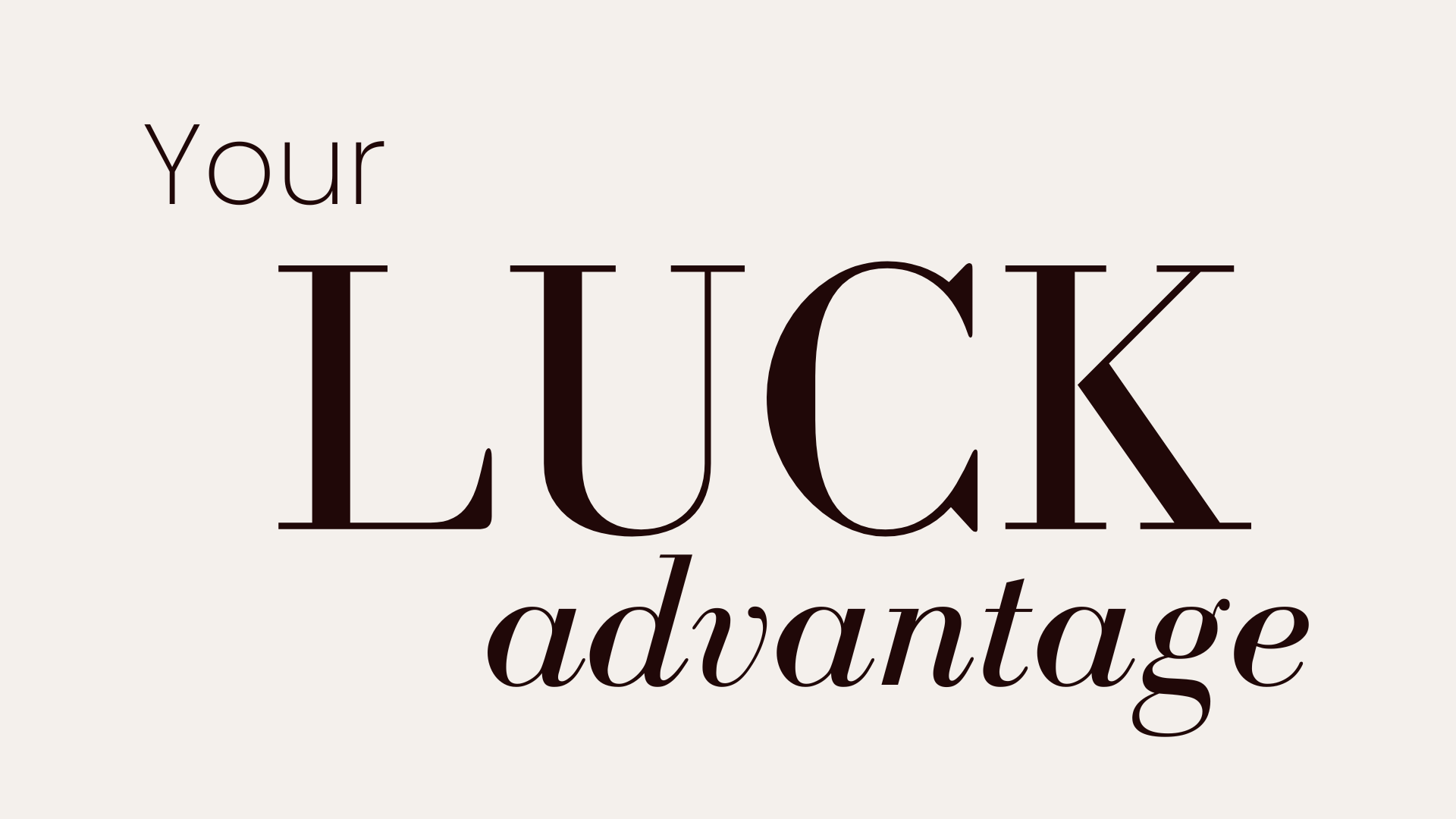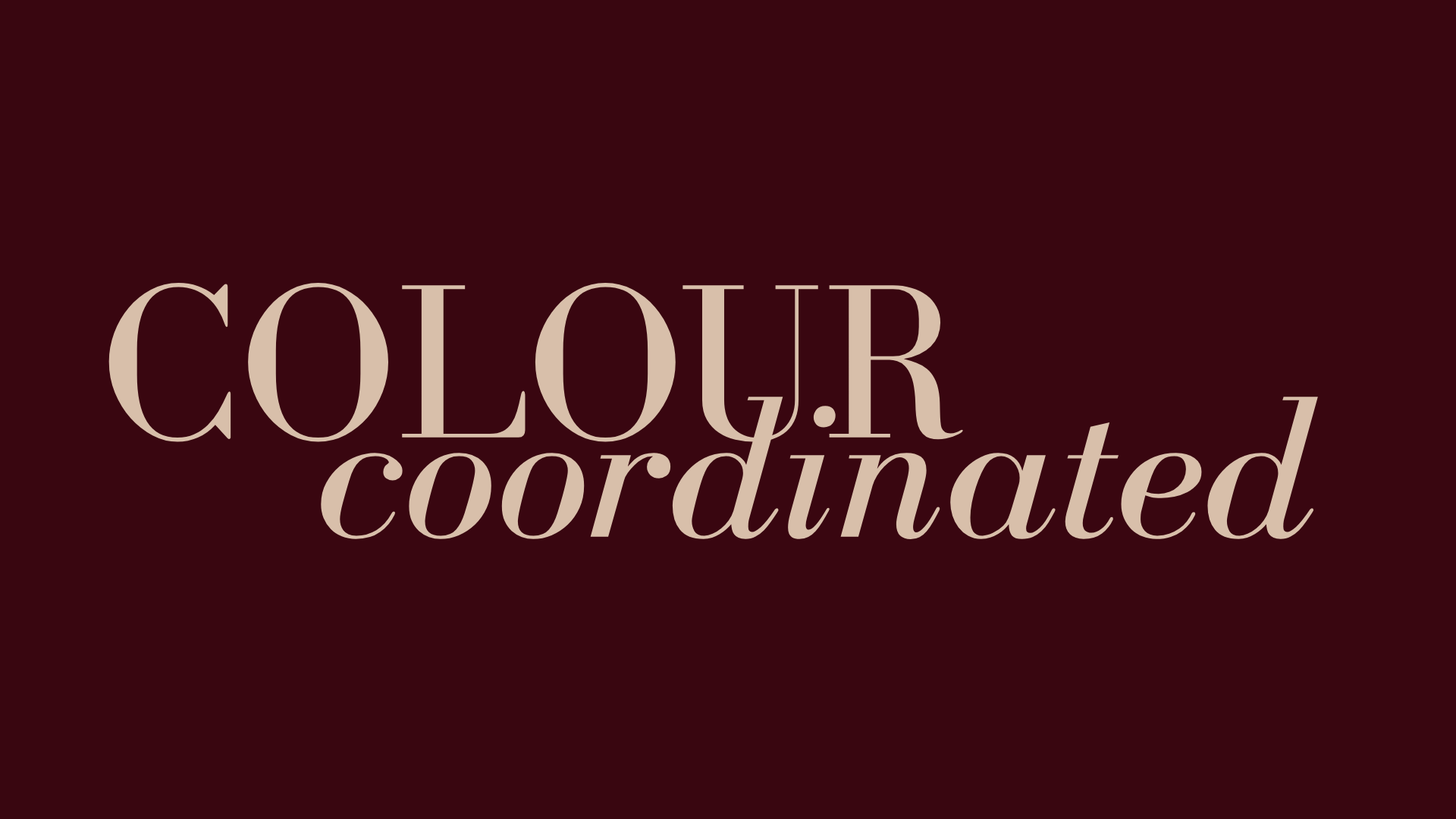How to Rebrand Yourself (Part 2)
What my recent personal transformation taught me about rebranding your personal brand
You may have noticed something has changed. My name! A very special occasion - a lifetime in the making - has transformed me from Dianne Baruch to Dianne Glavaš.
Changing my name has been equally exciting and surreal. Your name is one of the core parts of your personal brand identity. If personal branding is how people remember you, it’s safe to say your name is usually the start.
I took the opportunity of entering this new era of me to reflect. I’ve already shared my top 9 tips for rebranding yourself in detail in a previous blog. But, to recap they were:
Time your personal brand rebrand
You can take your old personal brand into your new personal brand
Establish clear goals for your personal brand rebrand
Research your personal brand rebrand
Rename yourself
Rebrand your personal brand visual identity
Rebrand your personal brand verbal identity
Be consistent, not comfortable
Prime your audience for your personal brand rebrand
For more detail on each, read my previous blog. Here, I want to share a few more tips I’ve discovered through my own personal brand transformation. I had to dig deeper to discover these ones:
Tip #1: Aspiration over authenticity
The word ‘authenticity’ is all the buzz. In fact, in 2023 it was named Mariam-Webster’s Word of the Year. But, when it comes to personal branding, don’t let authenticity become an excuse. An excuse to have the infamous ‘fixed mindset’ instead of a ‘growth mindset’. Or, an excuse to not step outside your comfort zone of what usually feels natural.
A growth mindset believes that it’s not always about natural-born talent (or whatever you inherited at birth). But, that skills can be learned and that your efforts affect your impact. It’s okay to strive for more than your current circumstance or perception of your current skills and talents.
Tip #2: Let go of your ego
Letting go of past identities is never easy. It was especially difficult to let go of the name I’ve always had. It was my late father’s gift to me. And, it was actually his first name. In a bold personal brand move of their own, my parents bucked tradition at my sister’s and my birth.
In his iconic classic, How to Win Friends and Influence People, Dale Carnegie said:
“Remember that a person’s name is to that person the sweetest and most important sound in any language.”
While I’m grateful for the name my parents gave me, I reminded myself this part of my identity was not who I am as a person. Perhaps it’s what my dad realised when he didn’t feel the need for us to stay attached to his family name, despite being incredibly close to his own family.
Being attached to constructed identities - whether it’s your name, your title, your looks, your talents or your skills (yes, even in personal branding) - is rarely helpful.
To adopt a Stoic philosophy mindset, instead practise detachment.
In Ryan Holiday’s Ego is the Enemy, he says:
“Detachment is a sort of natural ego antidote.”
Your ego is not who you really are.
Tip #3: Ask yourself who this rebrand allows you to be
While one of my previous tips was to establish clear goals for your personal brand, I want to prompt you to be even more specific. My previous blog asked you to consider your personal brand rebrand and how this move puts you closer to your personal brand vision. But, what about what you might have never even envisioned? What does this rebrand create room for?
I had lots of big visions for my personal brand. Learning a second language wasn’t one of them. It was only after ten years together when I married my partner, I realised this was the perfect catalyst to learn his and his family’s first language.
Don’t just consider the what, why, how, and when of your rebrand. But who a rebrand allows you to be? For me, this (unexpectedly) meant working toward being bi-lingual. Outside of just what the person in your rebrand looks and sounds like, what are their interests, behaviours, habits and hobbies? How do they spend their time? What are they great at? Don’t limit yourself to your old ideas of yourself.
This leads to the next important point.
Tip #4: Let go of limiting beliefs
If I stuck with what felt authentic, I wouldn’t be learning another language. Despite loving any opportunity to learn in school, I never considered foreign languages my forte.
My husband has helped me leave this belief behind. I’ve stepped into my ‘learning a language’ era without being held back by my previous assumptions about who I was.
Tip #5: Get visual with your personal brand vision
In my previous blog, I encouraged you to research your personal brand vision across social media platforms. But, there’s one in particular I want to pull out and emphasise - Pinterest. I’ve always loved the platform, but mostly used it for research and mood boarding. I’ve more recently shifted my mindset to using Pinterest for vision boarding.
To play the piano more? I have a vision board for that. To eat healthier? I have a vision board for that too. To practise yoga more? You guessed it.
Visualisation as it’s understood in neuro-linguistics programming argues that the mind can’t distinguish between a vividly imagined experience and a real experience. So, detailed visualisation for desired outcomes becomes a form of mental rehearsal. By consistently visualising, you rewire your subconscious to align your thoughts, emotions and behaviours with your goals.
So, when the opportunity presents itself for you - however that might be - ask yourself could you use a rebrand? And what new world of possibilities it might create for you.





